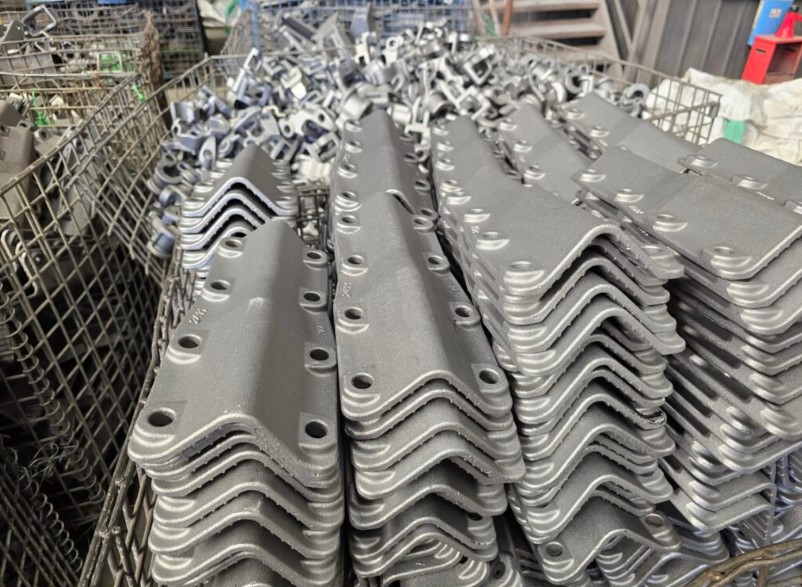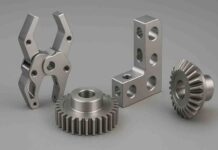When people talk about manufacturing, you can bet the word “steel” comes up at least once. But what if I told you the real MVP isn’t just plain steel, but alloy steel castings? Yes, it’s a mouthful, but these little heroes are doing big things. If you’re thinking, “Why should I care?” stick around—this is going to get good.
Key Points:
- Alloy steel castings are crucial to manufacturing.
- They combine toughness, strength, and adaptability.
- The applications range from aerospace to kitchen appliances.
- Choosing the right type depends on the specific job.
- They’re cost-effective, durable, and reliable.
Alloy Steel Castings: A Crash Course
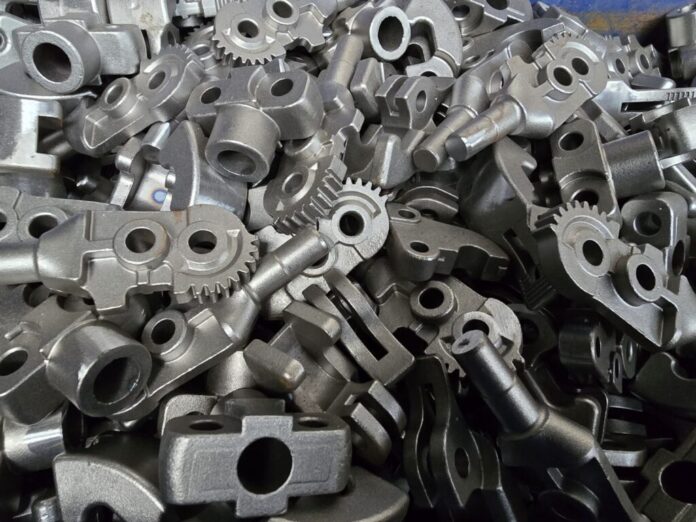
Let’s dive right in with a quick overview. You might be asking yourself, what are alloy steel castings in the first place? At their core, these are specialized metal products created by mixing steel with other elements such as chromium, molybdenum, nickel, or a combination of these. This process of alloying transforms ordinary steel into a powerhouse material with enhanced properties, tailored for specific applications.
Why do this? Each added element brings something unique to the table. For instance:
- Chromium enhances corrosion resistance and hardness.
- Molybdenum boosts strength and high-temperature performance.
- Nickel improves toughness and resistance to extreme cold.
These elements work together to make the material tougher, stronger, and more durable. In essence, alloy steel castings are engineered to take on demanding roles where regular steel might fall short.
Think of it like spicing up a meal. Adding these elements is akin to sprinkling hot sauce on your tacos—it doesn’t just enhance the flavor but transforms the dish entirely, elevating it to a whole new level of deliciousness. Similarly, alloy steel castings are crafted to meet the challenges of specific, high-performance tasks.
Alloy Steel Castings
Let’s kick this off with a quick crash course. In short, they’re made by mixing steel with elements like chromium, molybdenum, or nickel. These add-ons make the material tougher, stronger, and just overall better for specific jobs. Think of it like adding hot sauce to your tacos—it takes things to a new level.
Why They Matter
You’re probably wondering what makes them such a big deal. Let me break it down:
- Durability: They last longer under stress. This is key in industries like mining or construction.
- Versatility: One size does not fit all, and they come in many forms for various tasks.
- Cost-Effective: They save money because they’re reliable.
- Adaptable: They work in everything from jet engines to kitchen sinks.
Different Types of Alloy Steel Castings
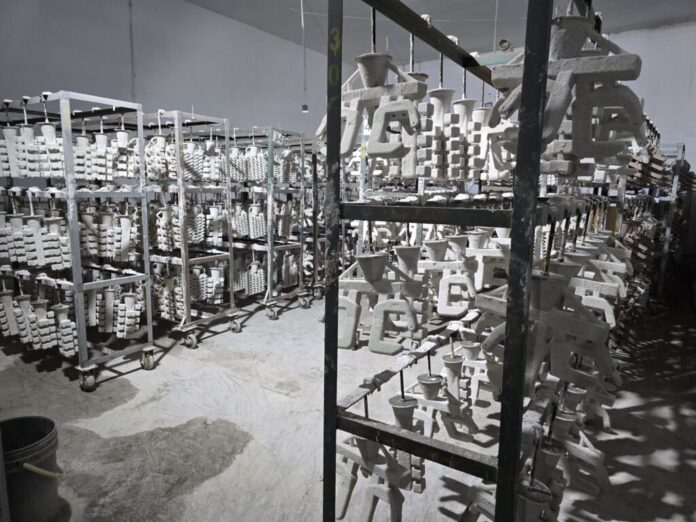
Not all castings are created equal. Here are a few of the main types:
- Low-Alloy Steel: Good for strength without breaking the bank.
- High-Alloy Steel: Excellent when you need extra toughness.
- Heat-Resistant: Made for jobs where things get really hot.
- Corrosion-Resistant: Perfect for environments where rust is the enemy.
It’s a bit like choosing shoes. You wouldn’t wear flip-flops to a marathon, right?
How They’re Made
Making alloy steel castings isn’t just a matter of pouring metal into a mold and hoping for the best. Here’s a simplified version of the process:
- Designing the Mold: Think of this as the blueprint.
- Melting the Metal: Mix the steel with specific elements.
- Pouring into the Mold: Precision is key here.
- Cooling and Finishing: The final touches make all the difference.
Each step is critical. Mess up one, and you might as well start over.
Industries That Love Them
Alloy steel castings are like that friend who’s good at everything. They’re used in:
- Automotive: Think engine parts and gears.
- Aerospace: Perfect for jet engines and landing gear.
- Oil and Gas: Valves and pumps rely on their strength.
- Construction: Heavy-duty tools and machinery.
- Kitchen Appliances: Even your fancy mixer owes its durability to them.
Pros and Cons
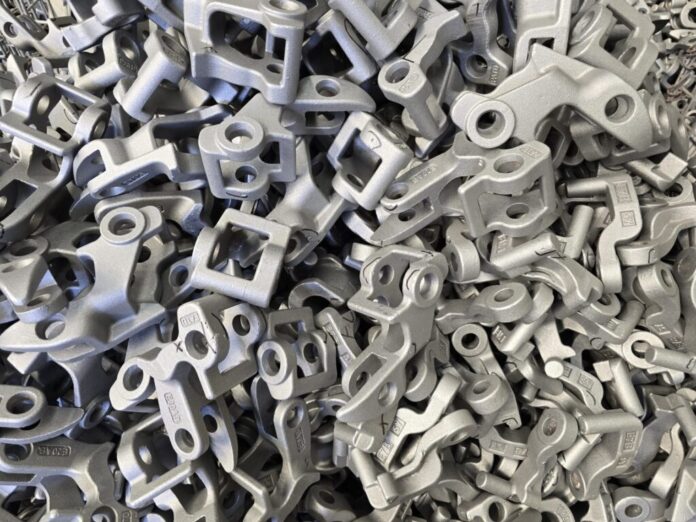
Like anything, alloy steel castings have their ups and downs. Let’s lay it out:
Pros:
- Tough as nails.
- Resistant to heat and corrosion.
- Long-lasting.
- Versatile across industries.
Cons:
- Initial costs can be high.
- They require precision, which takes time.
Tips for Choosing the Right Casting
Here are some pointers to make sure you’re getting the right fit:
- Know Your Needs: What’s the job? Heat resistance? Strength?
- Work with Experts.
- Don’t Skimp on Quality: Cheaper isn’t always better.
Fun Facts About Alloy Steel Castings
- They’re recyclable, making them eco-friendly.
- Some can handle temperatures up to 1,500°F.
- The process has been around for centuries but keeps improving.
Final Thoughts
Alloy steel castings are the unsung heroes of modern manufacturing. Whether you’re building skyscrapers or crafting kitchen gadgets, they’ve got your back. They’re strong, durable, and versatile. Plus, they’re a smart investment for anyone who wants quality materials. So next time you hear someone talk about manufacturing, you can drop some knowledge and impress everyone in the room.

